by Michael Haskew
The emergence of Germany as the dominant power in Central Europe in the 1870s and the unification of Italy in the mid-19th century despite Austrian efforts to prevent it combined to quell the immediate territorial aspirations of the dual monarchy of Austria-Hungary on the Italian peninsula and in the Balkans. However, portions of Austria-Hungary and Germany shared a common language, while mutual cultural and economic interests were recognized as well. By 1880, the German and Austro-Hungarian Empires had begun to formalize their relationship.
[text_ad]
With the decline of the Ottoman Empire, the opportunity for expansion into the Balkans was revived in Austria-Hungary. However, Imperial Russia, its rival to the East, also sought to take advantage of the eroding Ottoman hold on the Balkan states. As the two countries appeared on a collision course, Russia offered in 1876 to partition the Balkans. Austro-Hungarian Foreign Minister Gyula Andrassy refused the overture on the grounds that his country was unable to absorb additional territory at that time. This decision contributed to a steady escalation of tensions between Russia and Austria-Hungary for another generation. In August 1878, the Austro-Hungarian Army occupied the Balkan province of Bosnia and Herzegovina, eventually annexing the former Ottoman territory in 1908.
Italy Makes 3: The Alliance Is Created
Meanwhile, Russia won territorial concessions from the Ottoman Empire with the conclusion of the Russo-Turkish War of 1877-78, and several former Ottoman vassal states that had fought with the Russians, including Serbia, declared their independence amid a surge of Balkan nationalism.
In the spring of 1882, the mutual understanding between Austria-Hungary and Germany was augmented with the addition of Italy, and the formal agreement became known as the Triple Alliance. The Austro-Hungarian government, led by Emperor Franz Josef I, realized that its political and economic future was linked with that of Germany, while it maintained uneasy relations with the suspicious Italians.
Complicated Terms for the Allied Kingdoms
Although the Triple Alliance survived and was renewed on several occasions until the outbreak of the Great War, its terms were complicated from the beginning. Austria-Hungary and Germany agreed to come to the aid of Italy if Italy was attacked by France, provided that the Italians had not provoked the French to military action. If France attacked Germany, then Italy pledged to come to Germany’s aid. Should Austria-Hungary and Russia go to war over the Balkans, Italy promised to remain neutral. In itself, this was a major benefit for Austria-Hungary, relieving it of the requirement to garrison its Italian border with troops that would be needed to fight the Russians.
German Chancellor Otto von Bismarck later coerced Austria-Hungary into accepting the necessity of consultation and agreement with Italy in the event that it sought additional territorial gains in the Balkans or along the coasts of the Adriatic and Aegean seas. Despite these mutual assurances, Italy and Austria-Hungary remained wary of one another, and in that regard the Triple Alliance was little more than wishful thinking.
While the Balkan tinderbox was worrisome enough, by 1907, France, Great Britain, and Russia had concluded the Triple Entente, adding another dimension to the escalating tensions across Europe. Russia had guaranteed Serbian sovereignty, and after the heir to throne of Austria-Hungary, Archduke Franz Ferdinand, and his wife, Sophie, were assassinated in Sarajevo on June 28, 1914, the subsequent Austro-Hungarian declaration of war on Serbia triggered World War I.
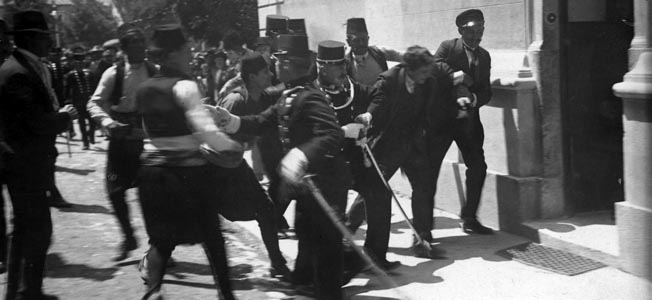
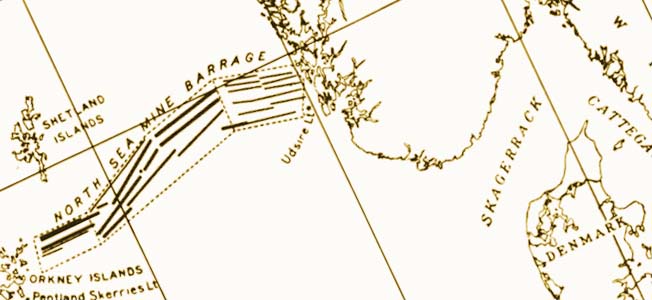


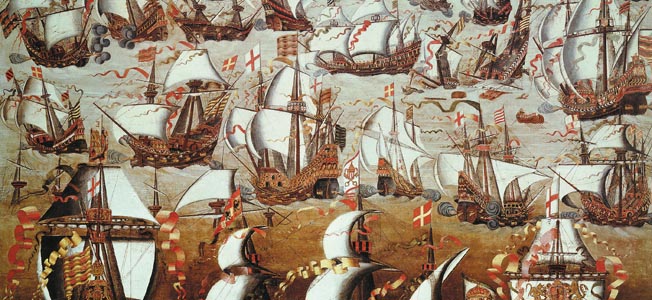
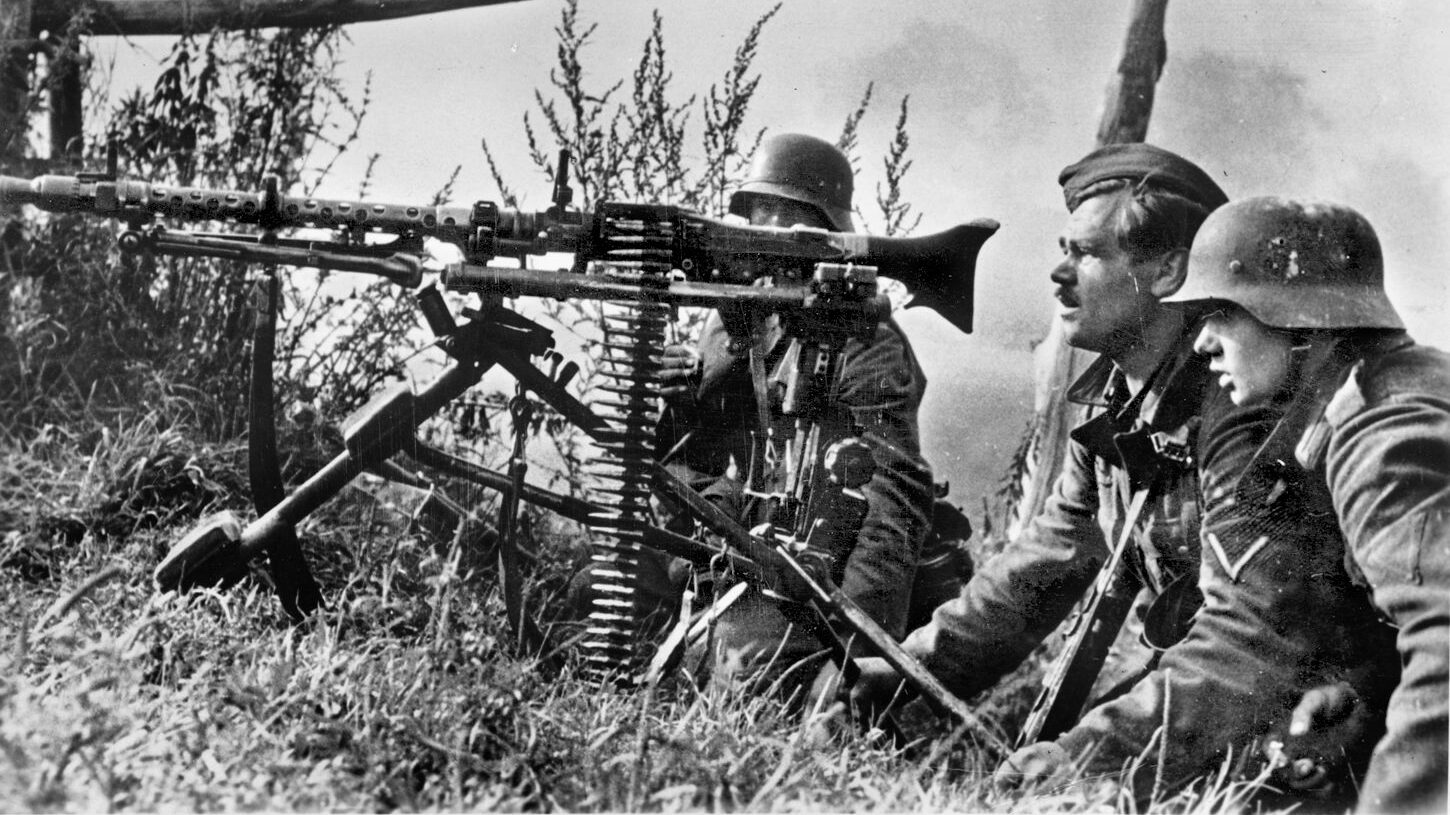
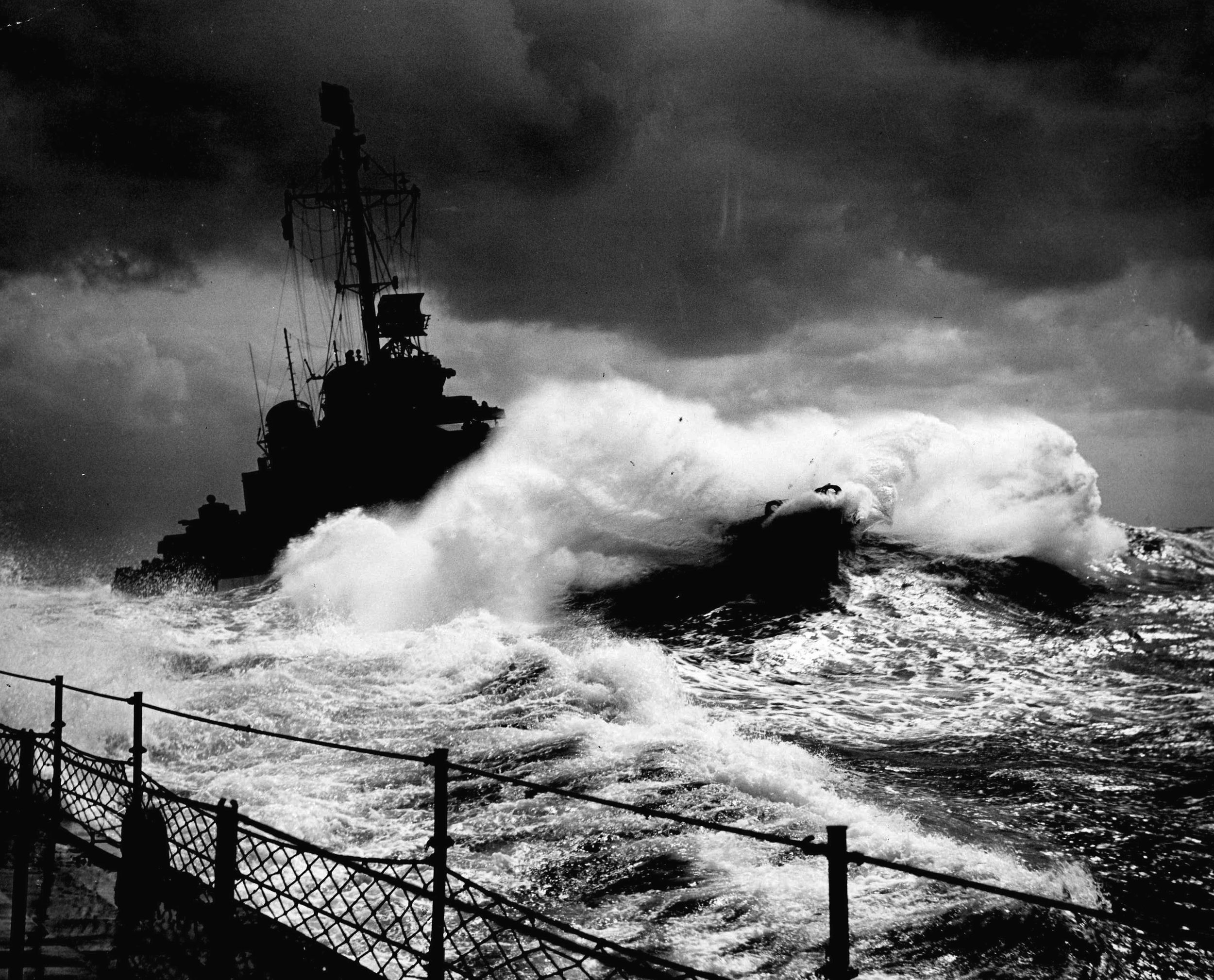

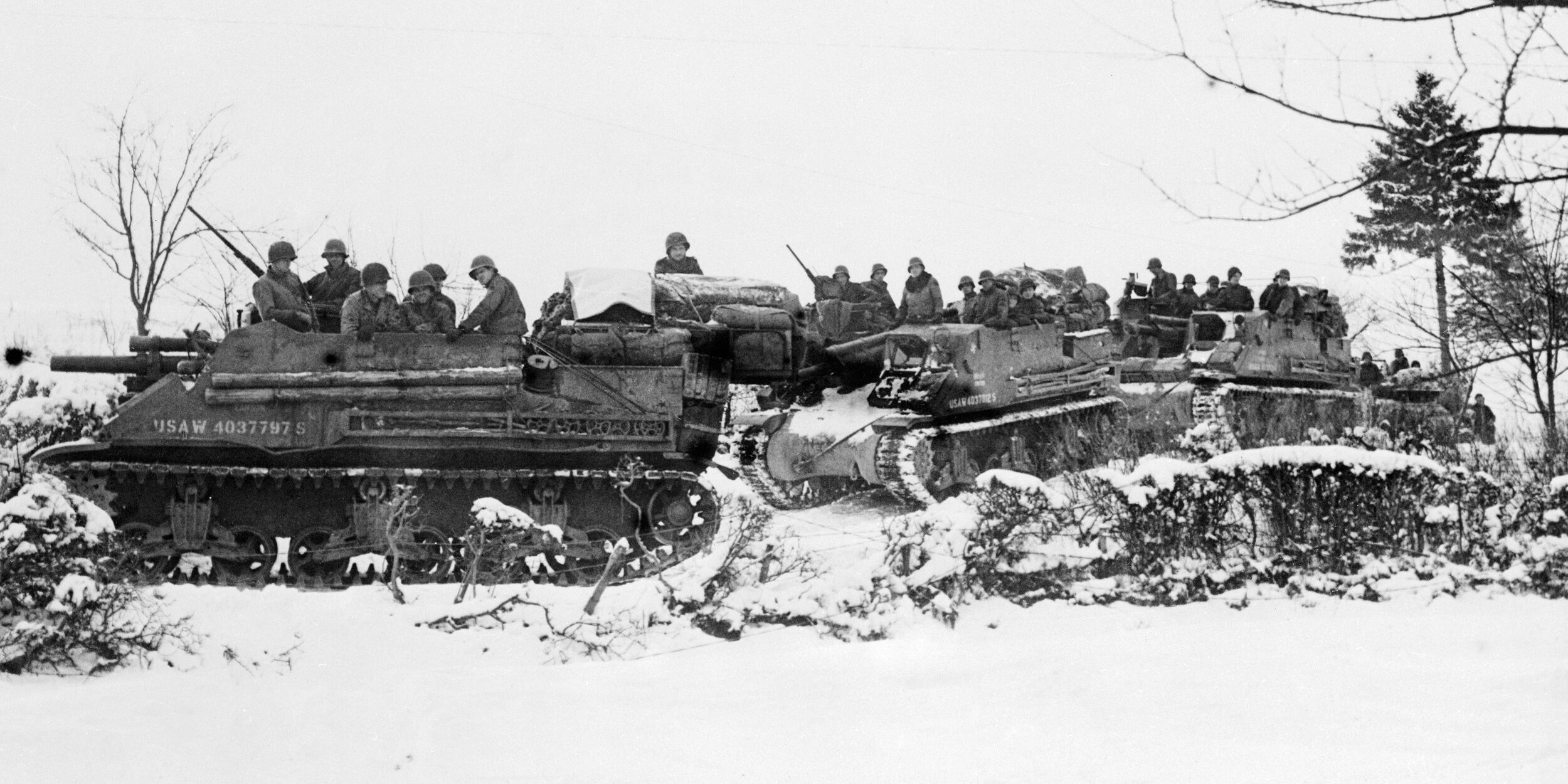
Join The Conversation
Comments
View All Comments